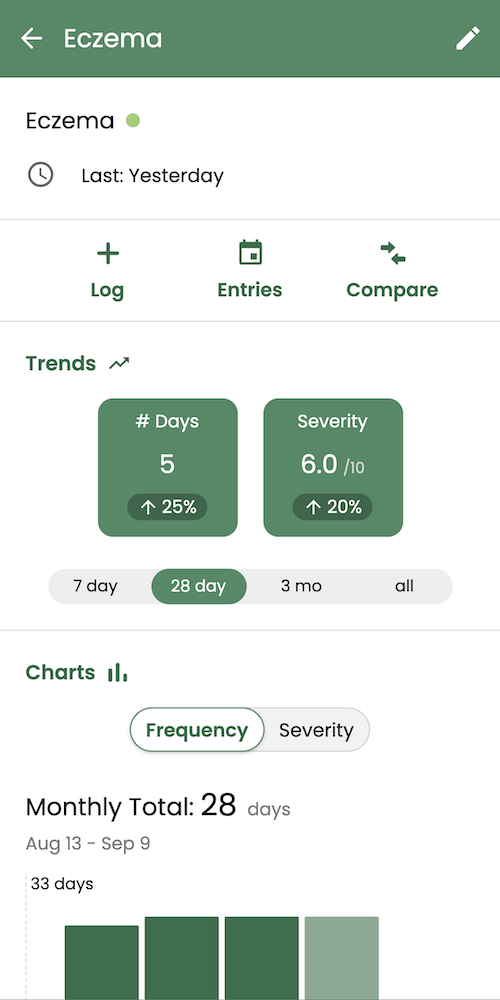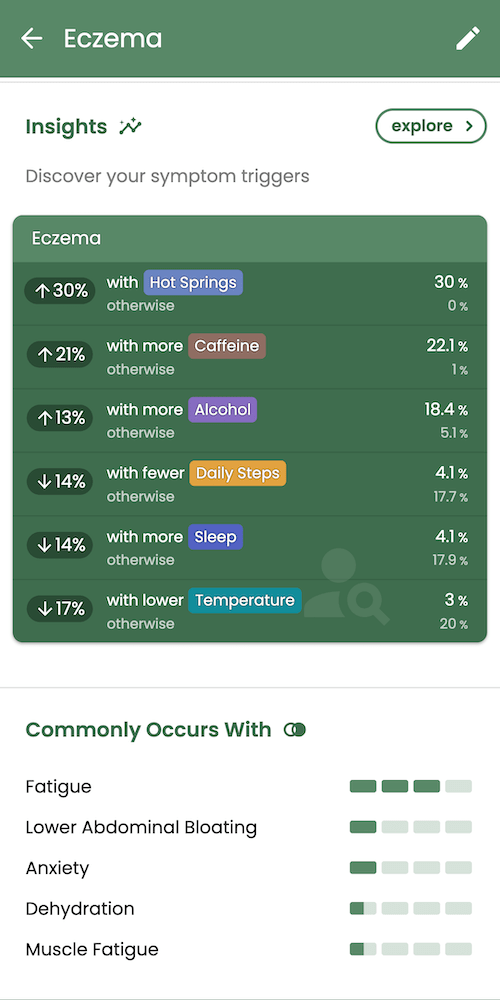Out of all of the autoimmune diseases, eczema seems to have the simplest solution: just stop scratching. Unfortunately, it’s not that simple.
Managing eczema as an adult can be extremely frustrating. I remember hearing all the time as a little kid, “oh don’t worry, you’ll grow out of it.” Well, that didn’t happen. My dad would even tell me to wear mittens in my sleep so I wouldn’t scratch. It’s easy to feel embarrassed and try to hide the patches of discolored skin and open wounds from constant scratching.

If you grew up dealing with eczema like me, you’ve probably tried every treatment under the sun: steroid creams, heavy duty moisturizers, allergy medications… the list goes on. These treatments can be great for temporary relief, but have one problem; they’re temporary. Instead of looking outward, sometimes the solution is found by looking inward.
One of the first things that’s helped me with managing my autoimmune disease is to remember that I am not at war with it. Remember, your skin is working for you, not against you. Instead of feeling ashamed or frustrated, try asking: “what is my skin trying to tell me?”
Look at your eczema and its triggers as an alarm alerting you something is off and needs attention. Flare ups can be used as hints or clues that point to something bigger. Eczema is just how bigger things that are affecting you like allergies or stress, manifest in your body.

Another helpful tip is also to learn how and why your body reacts the way it does by learning how your skin functions differently than others. This can help you to create the best personal care and treatment for your eczema.
What’s triggering my eczema flare ups? What can I do about it?
1. Identifying Environmental Triggers of Eczema
I am very allergic to cats and many other animals, and I can tell almost immediately when my skin starts to itch. If your eczema is flaring up and you don’t seem to know why, pay attention to your environment to see if something has changed and is causing your immune system to respond.
Different environmental triggers of eczema:
- Allergies (pets, seasonal changes)
- Mold
- Irritating chemicals in laundry detergents, skincare products, and cleaning supplies
- Water quality, especially if it’s hard water
- Cold weather - Cold temperatures can be an eczema trigger because of decreased humidity. This negatively affects skin barrier function overall and your skin becomes more reactive to irritants and allergens. (Hello winter flare ups!)
- Hot weather - intense heat can dry out your skin, making it more susceptible to itch
- Humidity levels - if there is less moisture in the air, this can aggravate your eczema by drying out your skin

2. The Connection Between Stress and Eczema
The condition of my eczema is probably the number one indicator of how stressed I am. Throughout my life, my eczema is always the worst during big life events or if there is tension in my relationships. Eczema is not a fair weather friend in just the literal sense. It shows up during harsh weather and tough times.
Different kinds of psychological stress that could be causing eczema flare ups:
- School stress - exams, projects, deadlines
- Work stress - deadlines, workload, tension with bosses or coworkers
- Interpersonal/Relational stress - tension with parents, family members, romantic partners, or friends
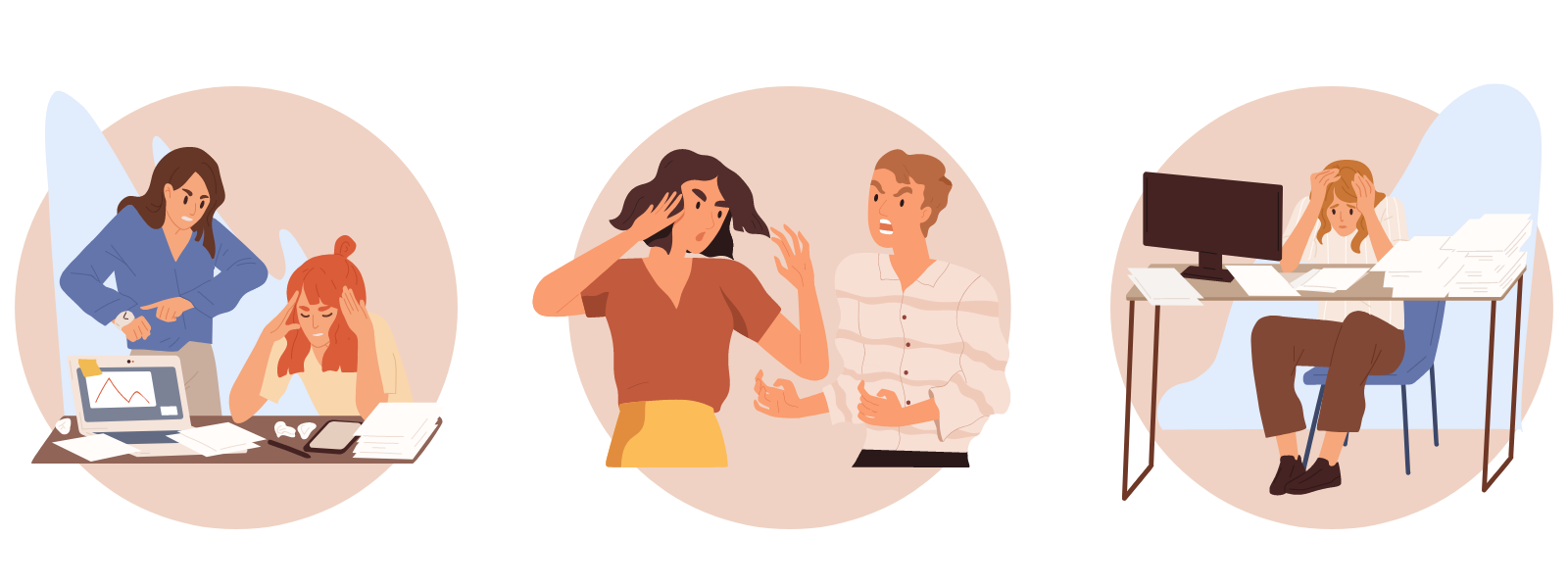
3. The Impact of Diet on Eczema: Food Allergies & Gut Health
I find that when I’m eating food I cook at home with lots of yummy, fresh and whole ingredients, my skin is at its happiest. I’ve also noticed that when I’m eating out frequently or more processed foods, my eczema tends to worsen.
When your digestive system is impaired, this can lead to trouble digesting foods and can increase inflammation.
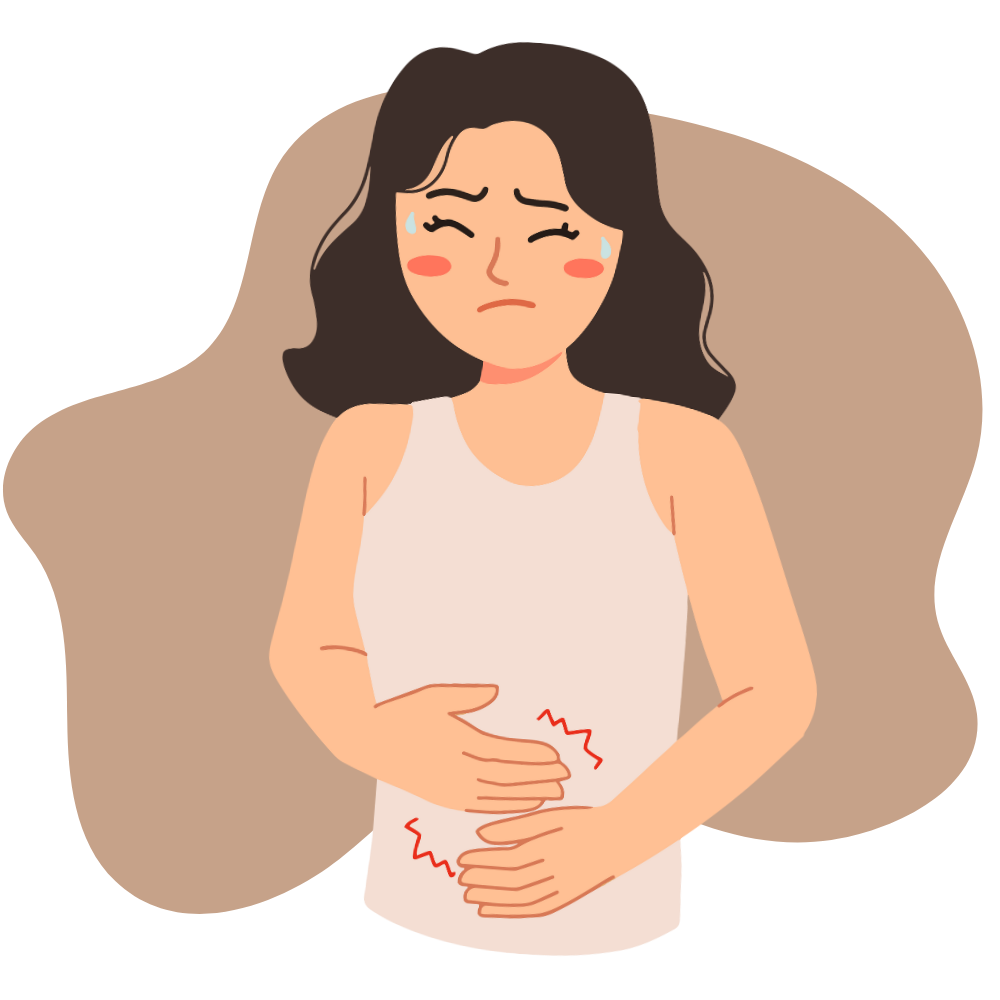
Pay attention if you have specific food sensitivities or allergies that trigger your eczema.
Avoiding food allergens may reduce your symptoms, but will not get rid of your eczema permanently.
Research has also identified a link between the health of your skin microflora and your gut bacteria. So if your gut microbiome is imbalanced, this could be affecting your eczema. An inflamed gut could lead to overall increased levels of inflammation. Increased levels of inflammation are also known to correlate with the intensity of eczema.
Processed foods and food from restaurants tend to contain more inflammatory ingredients (like artificial sweeteners, emulsifiers, BPAs, trans fats) that could aggravate your gut and affect your skin. Eating foods rich in antioxidants can help to reduce inflammation.
4. The Influence of Sleep on Eczema
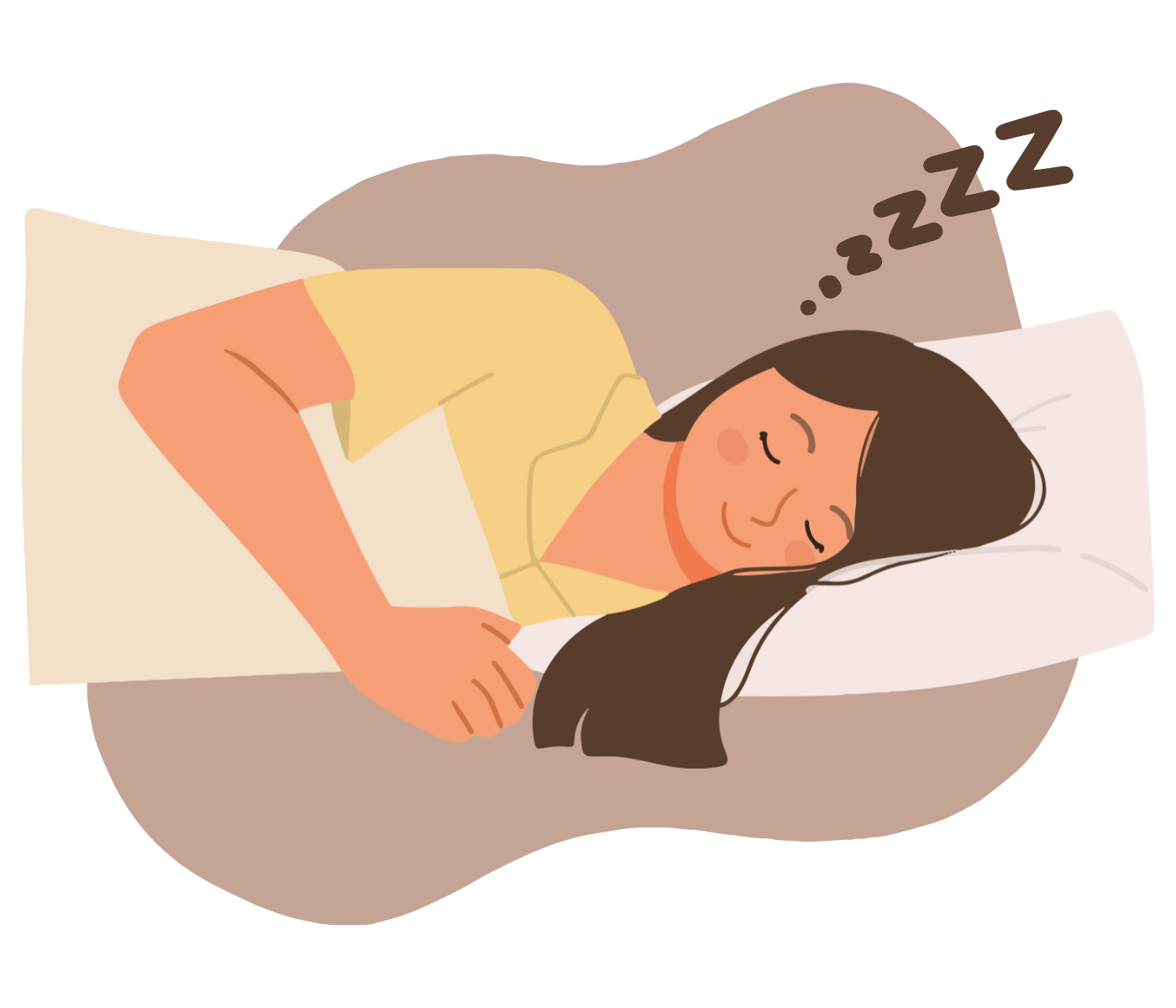
I’ve noticed that when I don’t get enough sleep, my body is under even more stress and I feel more inflamed.
Sleep helps to regulate emotions by increasing our capacity for emotional regulation. When you don’t get enough sleep, this increases your cortisol (stress hormone) levels. Stress and sleep have a circular relationship, where the less sleep you get, the more stress hormones increase and vice versa. By getting enough sleep, we are able to manage and reduce our psychological stress.
Not getting enough sleep is also linked with increased inflammation.
Both psychological stress and inflammation are common triggers for people with eczema and could be helped with adequate sleep.
5. How Exercise and Sweat Affect Eczema
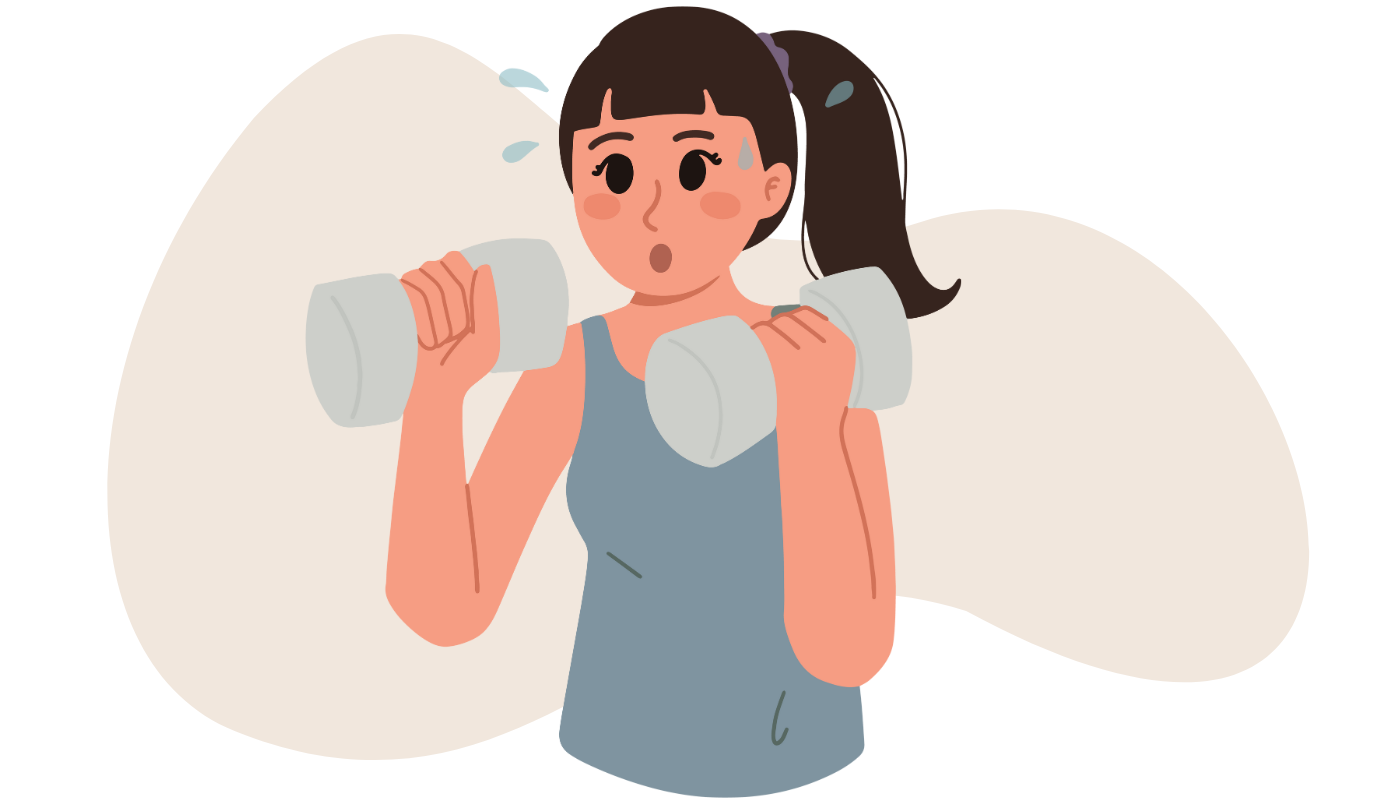
When I was younger and even now, my eczema is triggered when I sweat. Sweat is a really common trigger for eczema. This is because people with eczema have a weakened skin barrier. The larger than normal gaps in your skin allow sweat (filled with salt, bad bacteria, and irritants from your skin surface) to leak back in. When these leak back into your body, this can cause an itching sensation that so many of us feel when our eczema is triggered.
However, this does not mean you should avoid exercise and sweating completely.

Sweat is vital for so many important things like temperature regulation, keeping skin moisturized, and protecting us from harmful bacteria. Not sweating enough compromises our skin’s ability to maintain these abilities.
Another interesting study found inducing sweat in people with eczema actually helped eczema symptoms long term. The study concluded that doing activities that make you sweat could be a therapeutic goal for people with eczema. An important note from the study is that participants were told to rinse the sweat off right away to feel the positive effects of sweat for eczema. Because remember, if sweat leaks back in, this could trigger your eczema instead of helping it.
Exercise also helps to reduce inflammation long term. Although inflammation initially increases with exercise, consistent exercise is known to decrease inflammation and could help your eczema.
Conclusion
Managing eczema can seem like a losing battle, but remember that you are not alone! There are so many different triggers for eczema, which can leave you feeling overwhelmed and powerless. However, our lifestyle habits can play a huge role in alleviating or worsening our symptoms. By listening to your body, you can navigate the challenges of eczema when you take a closer look at these fundamental areas of your life. Then, you can make the changes your body needs to feel supported physically and emotionally for a happier, itch-free you.
With the right tools and understanding, managing your symptoms of eczema can become so much easier. Tools like Guava’s Symptom Tracking allow you to track the frequency and severity of your eczema.
Guava’s Insight feature can help you discover what other factors could be influencing your eczema.
Tracking your symptoms raises awareness of your body’s state and increases your ability to identify triggers and implement effective change.
